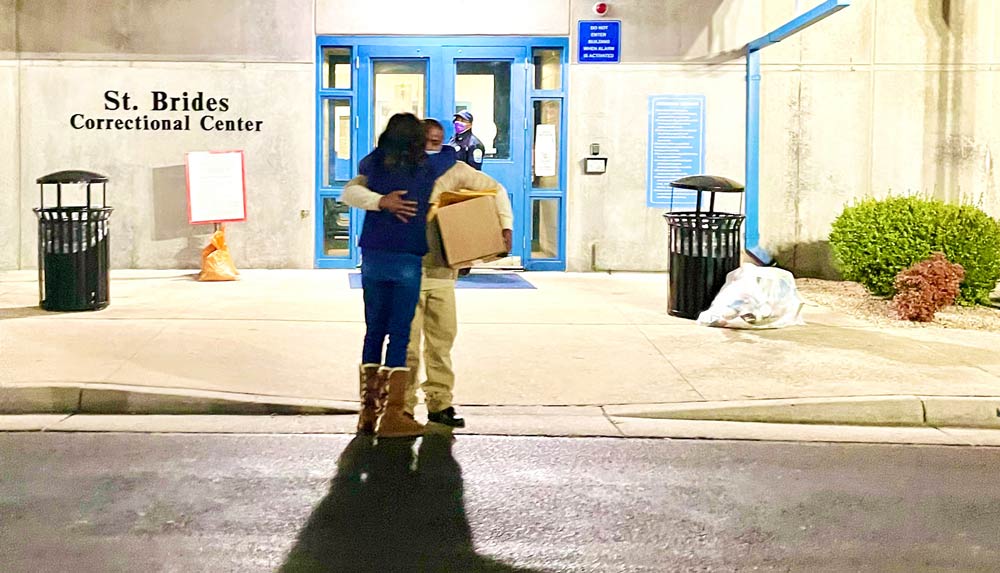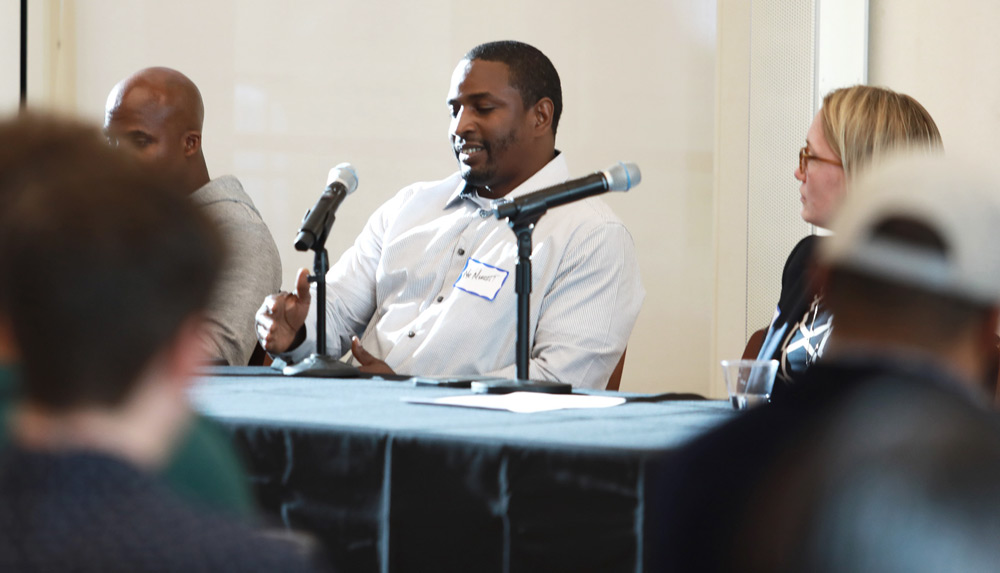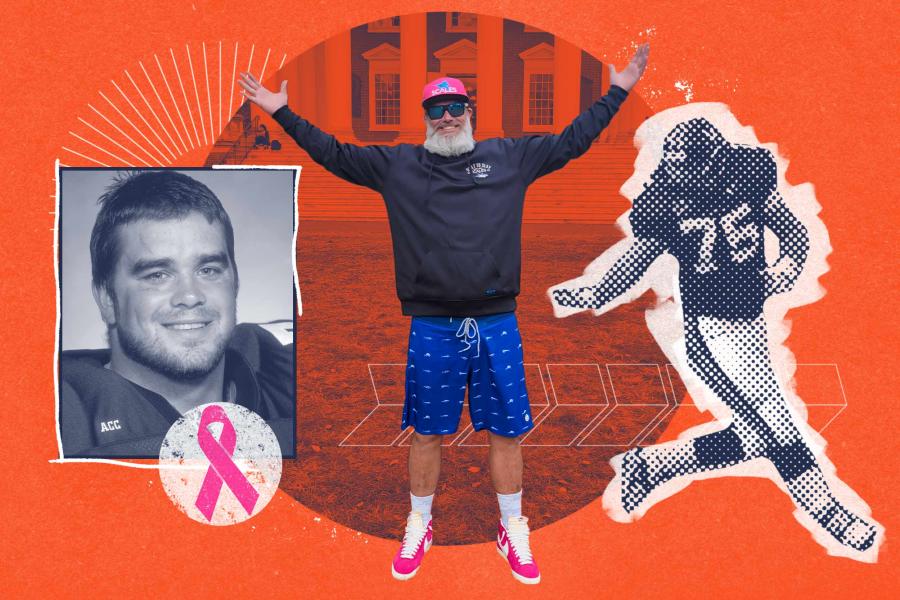On Nov. 5, 2001, Gilbert Merritt III was sentenced to 30 years in prison for a murder that occurred the same day he nearly lost his own brother to a shooting. On July 11, more than 20 years later, the Innocence Project at the University of Virginia Law School succeeded in a multiyear effort to vacate the Norfolk man’s conviction.
Merritt spent two decades incarcerated because a detective with a track record of extracting false testimony through extortion and brute force was able to convince a woman facing significant prison time on drug charges to testify to crime details the detective would feed her. The woman, who became the star witness in the case, testified falsely at Merritt’s trial that Merritt had confessed to the murder.
In 2011, the detective, Robert Glenn Ford, was convicted of federal charges including extortion, conspiracy to commit extortion and making false statements. His criminal conduct took place, in part, during the time of Merritt’s investigation and prosecution.
“When a case involves Ford, that’s certainly a red flag, but we check each case that comes in fully to see if there’s merit to the person’s claims,” said professor Juliet Hatchett, associate director of the clinic. “This was one of the cases we received where we saw not only Ford’s involvement, but also what a weak and suspicious case it was from the beginning.”
In January, Merritt was released from prison on a conditional pardon, but he was not exonerated until this week. Merritt’s pardon and vacated conviction represent the third case in which the Innocence Project has been able to secure the release of an innocent man convicted through Ford’s involvement. Ford was also the lead detective in the cases of clinic clients Joey Carter and Kevin “Suge” Knight, who were recently pardoned as well. In both cases Ford coerced witnesses to fabricate false testimony against the defendants. Several other incarcerated people have also been exonerated in Ford cases.





